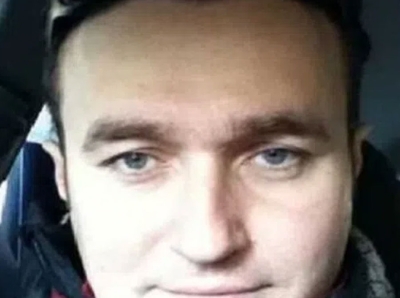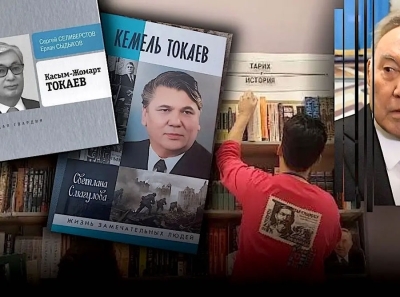ChatGPT developer sacks CEO: why?
Sam Altman is no longer CEO of software company OpenAI, which developed the AI chatbot ChatGPT. One of the main faces of the AI boom, Altman, 38, is moving to Microsoft, with CTO Mira Murati replacing him at OpenAI on an interim basis. Among the official reasons for his departure Altman is said to have "not been consistently candid in his communications" with the board of directors. Commentators suspect a dispute over principles.
Reason triumphs over greed — for now
Sam Altman’s dismissal is the result of a conflict between two schools of thought, explains the Süddeutsche Zeitung:
“Sam Altman belongs to the school of accelerationism, an economic ideology from the 1990s. It sees the acceleration of technological progress as the inevitable future, without regard for society and humanity. Altman was therefore also the driving force behind turning the originally non-profit research institute OpenAI into a profit-orientated company. ... [Co-founder Ilya] Sutskever and Murati, on the other hand, belong to the old school of science which subjects every new finding and technology to tests and practical trials before unleashing it on humanity. For the time being, they have prevailed.”
A taste of conflicts to come
Naftemporiki compares the parting of ways to a failed marriage:
“What began eight years ago as a happy ‘marriage’ between visionary scientists and entrepreneurs who believed in the AI revolution has ended in a turbulent divorce. ... When children are involved, one should weigh one’s words carefully. But in this case the ‘child’, or rather the way it is being brought up, is probably the reason for the separation. According to several media outlets, the break-up was caused by differences over how and how quickly artificial intelligence should be developed, what safeguards are needed and whether the company should retain its non-profit status. ... This divorce gives us a taste of the many bitter conflicts we will witness in the coming years as AI grows and the challenges become ever greater.”
Regulation a two-edged sword
The question of how to reconcile commercial interests with the common good remains unanswered, De Standaard argues:
“The affair sheds new light on the question of the extent to which supervision and control are necessary in the development of artificial intelligence. The answer is not obvious. The innovative power, the huge sums of money and the demand-orientated approach of profit-oriented companies are major assets. They guarantee that sensible applications are prioritised and that the pace of development is maintained. But these assets can also be disadvantages. Scientists have already said that the pace of development is perhaps too fast. If there are derailments or excesses, who will pull the emergency brake?”









